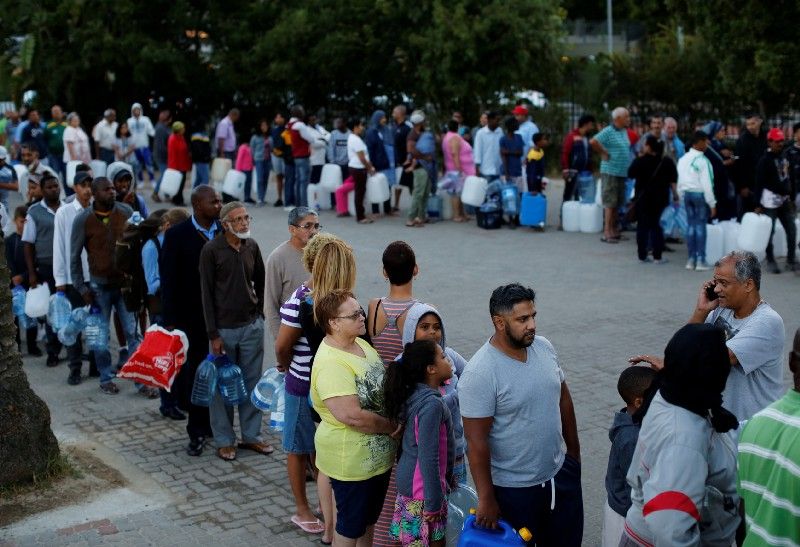May 09, 2018
Wars have been fought over it. People can’t live without it. And a growing global population is thirsty for more. So, what happens if a major city runs out of water?
Nearly 4 million people who live in Cape Town, South Africa, recently came close to finding out. Earlier this year, it looked like local authorities might have to ration water at gunpoint as the reservoirs that supply the city and its surrounding farmland started to run dry after three long years of drought. Cape Town isn’t the first big metropolis to face a water crisis in recent years. Sao Paulo, population 20 million, had a similar scare in 2015.
Two big takeaways:
This looks like it’s becoming a pattern. Sao Paulo and Cape Town both managed to avoid social unrest and potential human and economic disasters by creatively stretching existing water supplies. They were fortunate to have competent governments that could handle a crisis. The next big city to face a major water emergency — and there will be others, as booming urban populations meet an increase in severe weather due to climate change — may not be so lucky.
Water troubles also point to a broader tradeoff facing developing economies: rapid urbanization can create new opportunities and rising prosperity for millions of people. But surging ranks of city-dwellers also stretch the political, economic, and natural resources needed to make that growth sustainable.
More For You
- YouTube
At the 2026 World Economic Forum, GZERO's Tony Maciulis spoke with Matthew Blake, Managing Director at the World Economic Forum, about a defining transition for Davos and the state of the global economy.
Most Popular
Former South Korean President Yoon Suk Yeol arrives at a court to attend a hearing to review his arrest warrant requested by special prosecutors in Seoul, South Korea, July 9, 2025.
REUTERS/Kim Hong-Ji/Pool/File Photo
5: The number of years South Korea’s ex-President Yoon Suk Yeol was sentenced in prison today, on charges related to his failed attempt to impose martial law last year.
Russian President Vladimir Putin speaks during a news conference after a meeting of the State Council on youth policy in Moscow, Russia, on December 22, 2022.
Sputnik/Sergey Guneev/Pool via REUTERS
The Russian president said little when the US seized Venezuelan strongman Nicolás Maduro, an ally of Moscow. But there might be a reason for his silence.
© 2025 GZERO Media. All Rights Reserved | A Eurasia Group media company.
